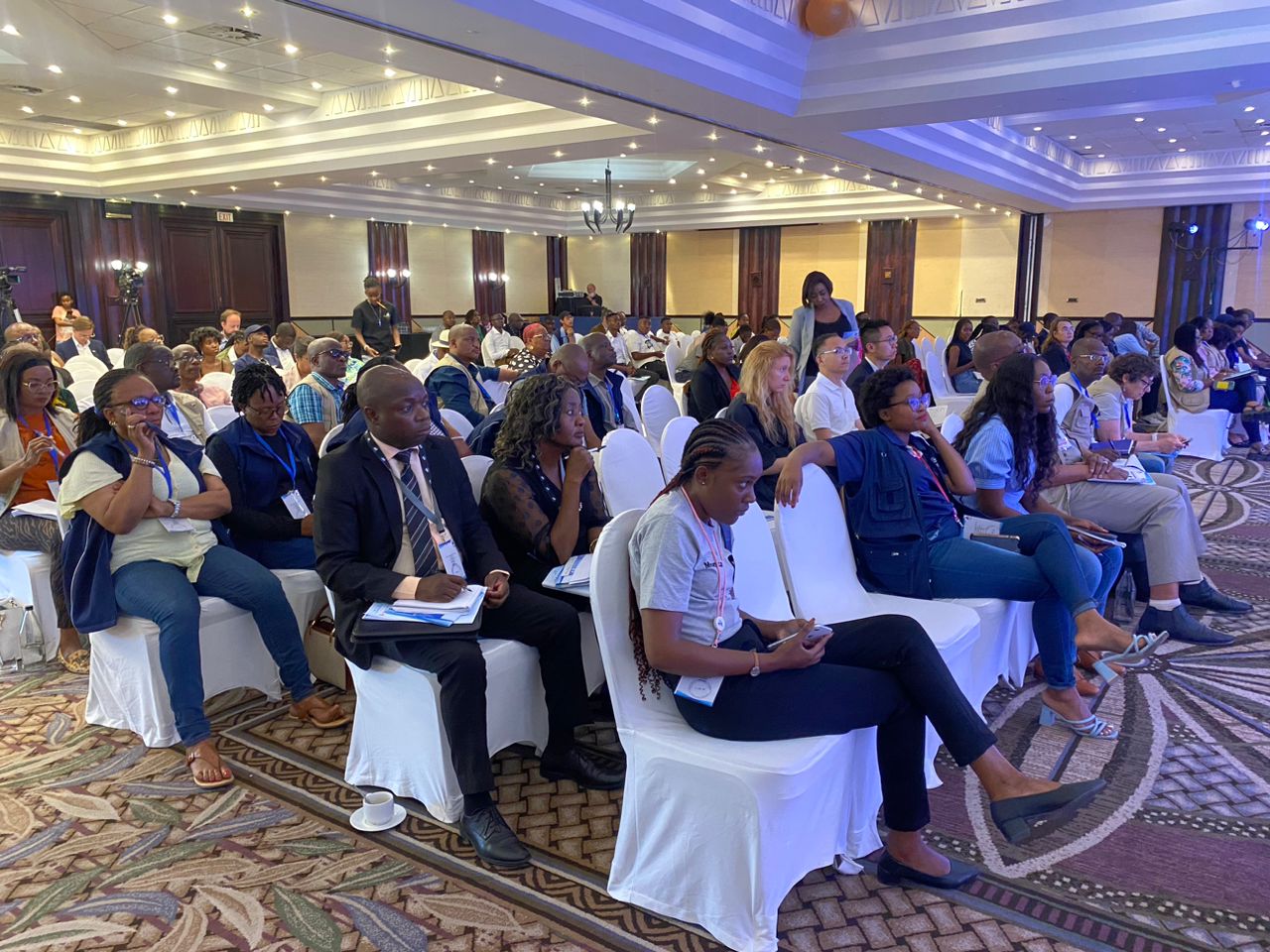The unprecedented work landscape of 2020 and 2021 gave rise to the now-ubiquitous “Great Resignation”.
The following year, “quiet quitting” took over. This year, as the line between social media and work culture dissolved, and workers settled into new hybrid patterns, a host of new jargon took hold to define work in 2023.
‘Lazy girl job’
In late May, TikToker Gabrielle Judge extolled the virtues of the “lazy girl job”: a remote, well-paying, relatively low-stress role. The basic premise – a job that allows for a healthy set of priorities and work-life balance – resonated on a massive scale.
As of December, the hashtag #LazyGirlJob has racked up nearly 40 million views on TikTok. And although the term found itself among the “girl trends” of 2023, workers of all stripes have made it clear: the lazy girl job might more accurately be described as simply a good job, for everyone.
‘Summer of strikes’
In February, health workers in the UK staged the largest strike in the history of the National Health Service (NHS). Meanwhile, in the US, more than 300,000 US workers across the healthcare, entertainment, auto and hospitality fields walked off their jobs during the first eight months of 2023 alone. As of 31 October, there were 354 strikes in the US, involving roughly 492,000 workers – the largest amount of organized labour activity since 2019.
While not strictly limited to the warm-weather months, this action quickly became known as the “summer of strikes”, with some tracing the origins of the term to Amazon Union President Chris Smalls’s ordination of the “hot labour summer” (with credit due to musical artist Meagan Thee Stallion). The actions were overwhelmingly successful, resulting in unprecedented contracts for workers’ unions, including the Writers’ Guild of America (WGA) and the United Auto Workers (UAW).
‘Authentic’
In late November, Merriam-Webster designated “authentic” as the official Word of the Year. The US-based reference-book publisher said it beat out contenders including “deepfake” and “dystopian”. The Word of the Year designation isn’t strictly focused on workplace terminology; still, the desire for authenticity has very much found its way into our jobs.
Increasingly, workers are expressing their individuality, sharing experiencing with colleagues, normalising issues around mental health and fostering a more intimate – authentic – workplace environment.
Bare minimum Mondays’
Last year, TikToker Marisa Jo Mayes offered a cure for the “Sunday Scaries” – the sinking feeling the day before returning to work after a weekend off. Instead of diving into tasks headfirst, Mayes suggested workers embrace “bare minimum Mondays”, treating the first day of the week as a gradual re-entry.
The term’s popularity blew up this year, with more than three-million TikTok searches as of this writing. While it may have something in common with quiet quitting, the term also reflects a new mood toward work, where the demands for hybrid arrangements and the push for a four-day workweek reflect employees’ desire for better work-life balance.
‘Coffee badging’
As bosses have won back power throughout 2023, many workers have found themselves returning to their desks, at least a few days a week. Many don’t want to be there – an attitude that’s given rise to “coffee badging”. Data from a June survey by video-conferencing company Owl Labs showed around 58% of hybrid workers admit to going into the office, swiping their work badges, grabbing their morning coffees and leaving to work from home for the rest of the day.
Even as return-to-office policies are increasingly winning out, workers have made their preference for flexible work – and free coffee – abundantly clear.
‘Hush trips’
Many workers who have been able to stay remote are taking “hush trips” to maximise their work-life balance. These secret holidays involve working from a far-flung spot without informing your supervisor or team. Around 44% of Gen Z workers admit to the practice, per an August survey from ResumeBuilder.
The key to a successful hush trip? Adjusting your Zoom background to hide any tell-tale palm trees or pool chairs, say the survey respondents.
The Big Stay’
According to some economists, The Great Resignation that defined the past three years of workforce mobility is over. Now, the data points to a phenomenon of “The Big Stay”, in which workers are staying put to avoid an increasingly competitive labour market and fears of economic instability.
Yet workers who stay in jobs that don’t suit them are disengaged, less productive and more likely to struggle with their mental and physical health. Experts say that if employers want to stem the quiet quitting among their workers, the onus will be on management to proactively invest in worker satisfaction.
‘Personality hire’
Savvy employers might prioritise job candidates with positive, friendly attitudes – but Gen Z workers are taking things a step further, flocking to TikTok to extoll the benefits of being a “personality hire”.
A loose play on “diversity hire” – a generally derogatory term to describe tokenistic hiring of minority workers – social-media users generally define a “personality hire” as someone who makes up for their lack of professional qualifications with a certain vivacity. Videos playing on the term show young workers laughing, strolling around the workplace and asking, “What’s for lunch?” at the top of the workday, knowing their jobs are “based on vibes”.
Although the term is light spirited, there’s some truth within it. In a remote-work environment, an emotionally-intelligent employee can foster communication, which can increase productivity among teams, and contribute to a sense of social connection.
‘Rolling recession’
A “rolling recession”, sometimes called a “rolling adjustment recession”, occurs when a downturn only impacts certain sectors of the economy at a time.
For example, although tech layoffs dominated the conversation during the first half of the year, other sectors, including the auto and manufacturing industries, have begun feeling the pain. Meanwhile, employment sectors that have traditionally been dominated by women – such as education, nursing and hospitality – continue to bear the brunt of job losses, largely without much fanfare.
While economists and policy makers work stave off job loss, a rolling recession can be particularly hard to pin down, and contributes to a general state of uncertainty among experts baffled by recent economic trends.
‘#WorkTok’
Many of these terms have at least one thing in common: they originated or spread on #WorkTok, the side of TikTok dedicated to workplace culture.
The hashtag has at least 2.3 billion views, spanning everything from life as a professional pastry chef, to HR best practices. Some experts say its rise was inevitable, as it’s created a much-needed place for the “watercooler talk” many workers, especially young people, have been missing in a remote-work era.
As more adults get their news from TikTok – and as entire communities pop up around niche subject matter, including work – the platform is likely poised to deliver the next round of definitive workplace jargon in 2024.-BBC
Stay informed with The Namibian – your source for credible journalism. Get in-depth reporting and opinions for
only N$85 a month. Invest in journalism, invest in democracy –
Subscribe Now!






